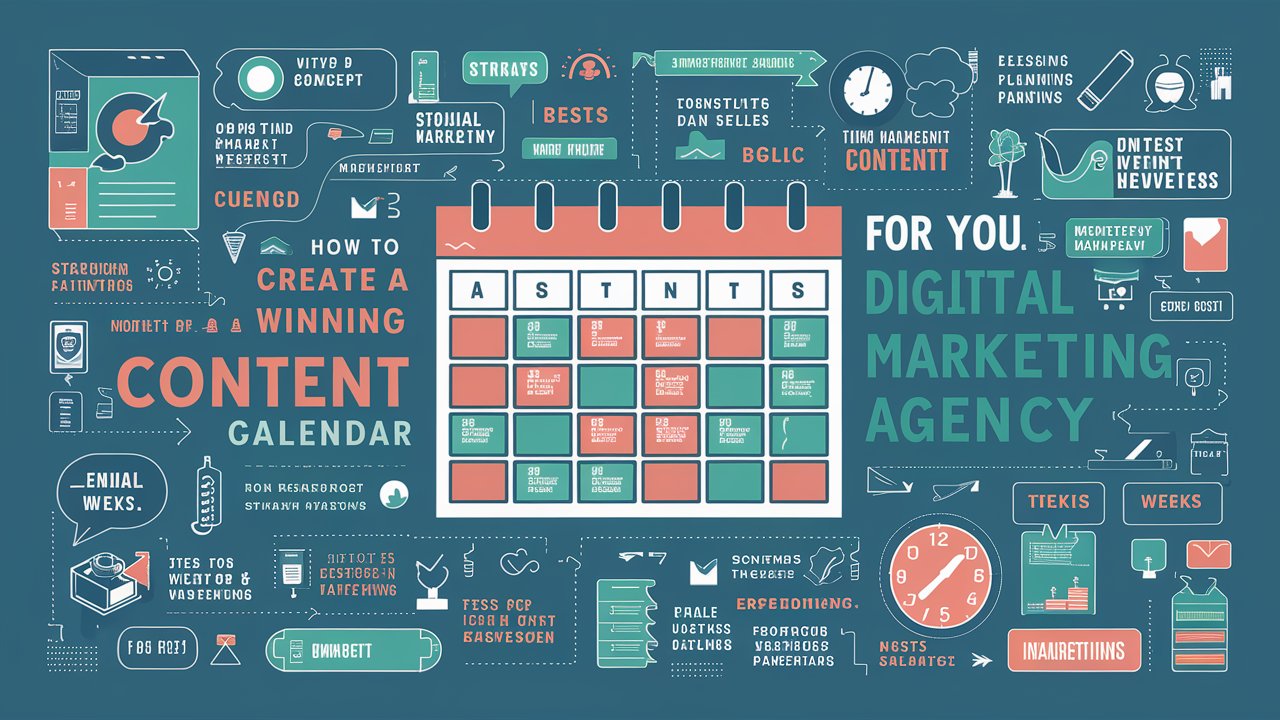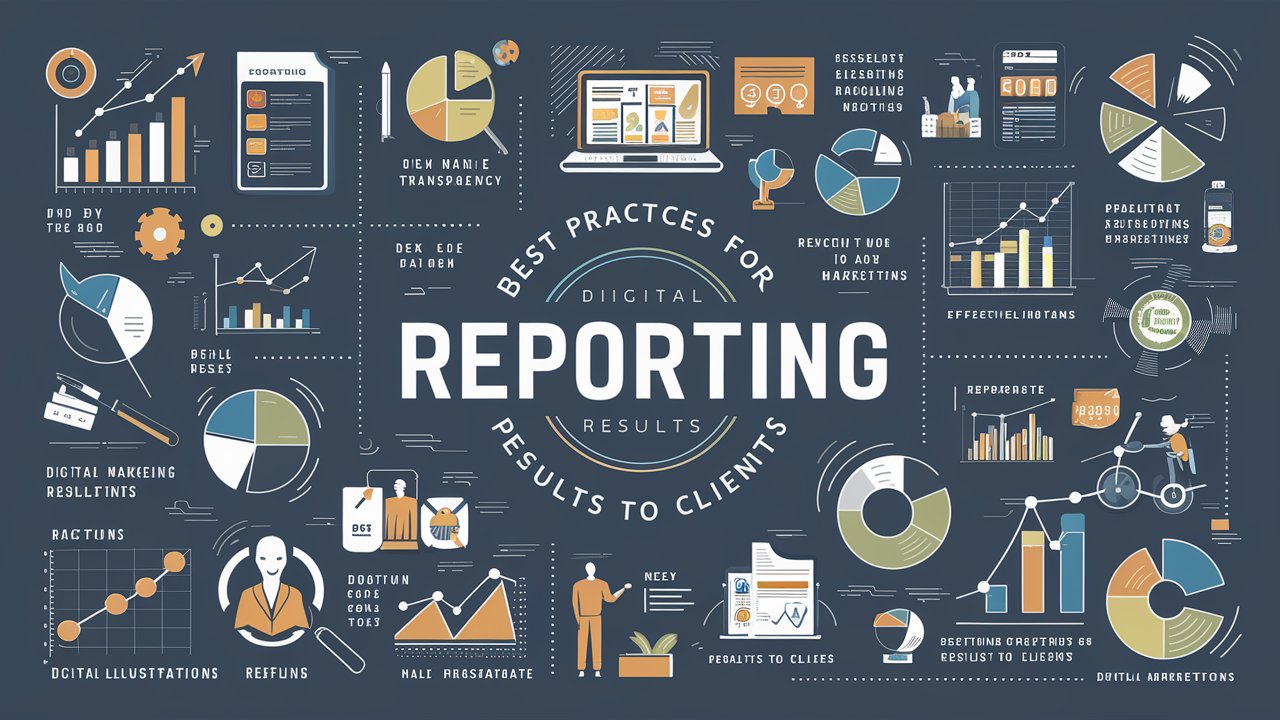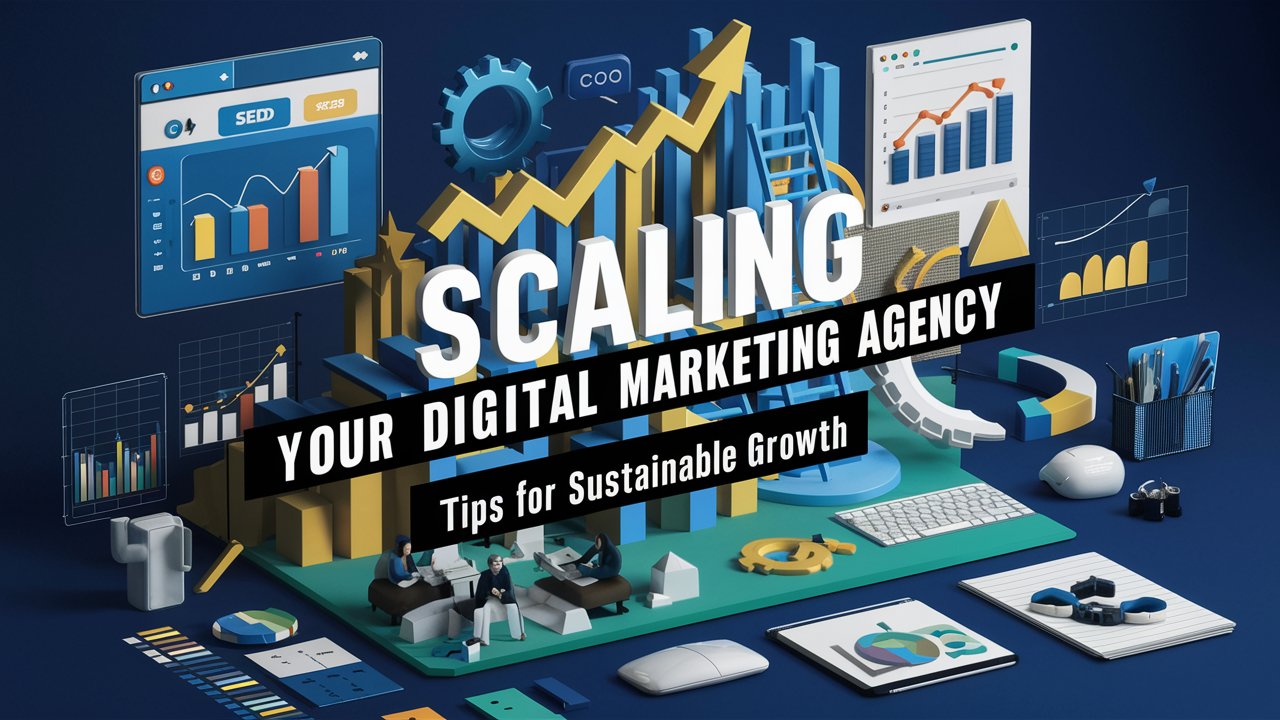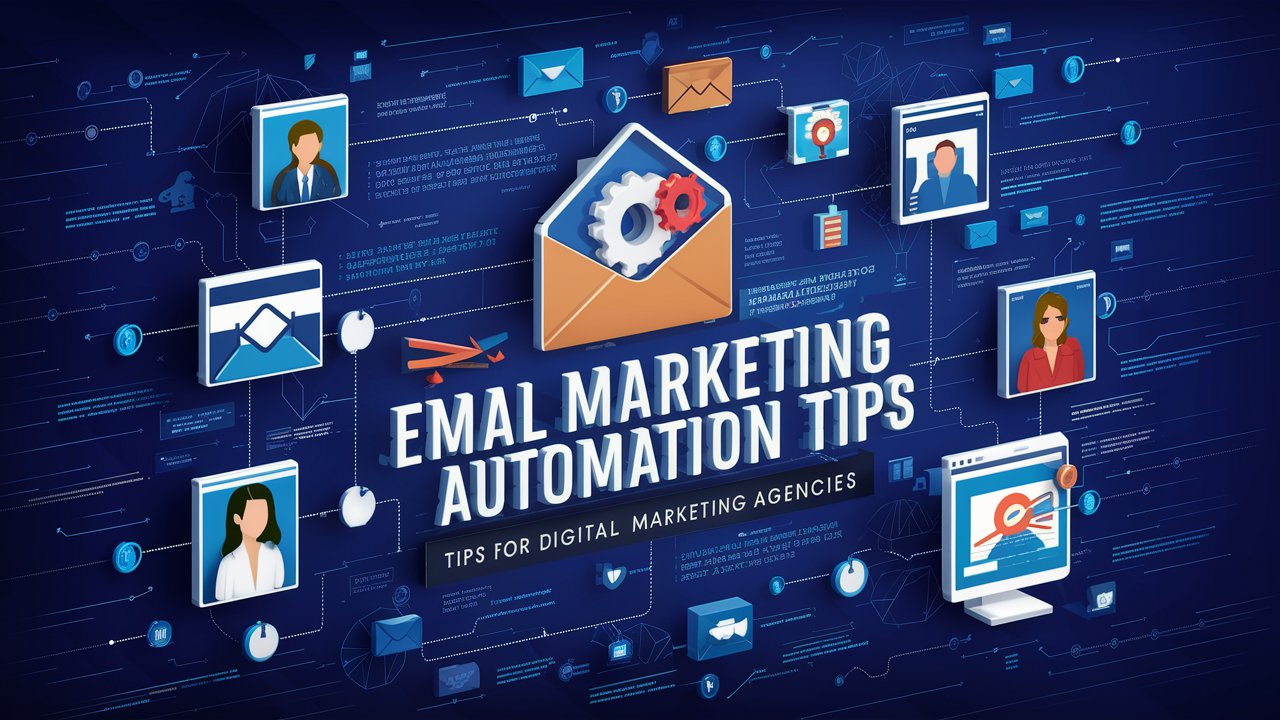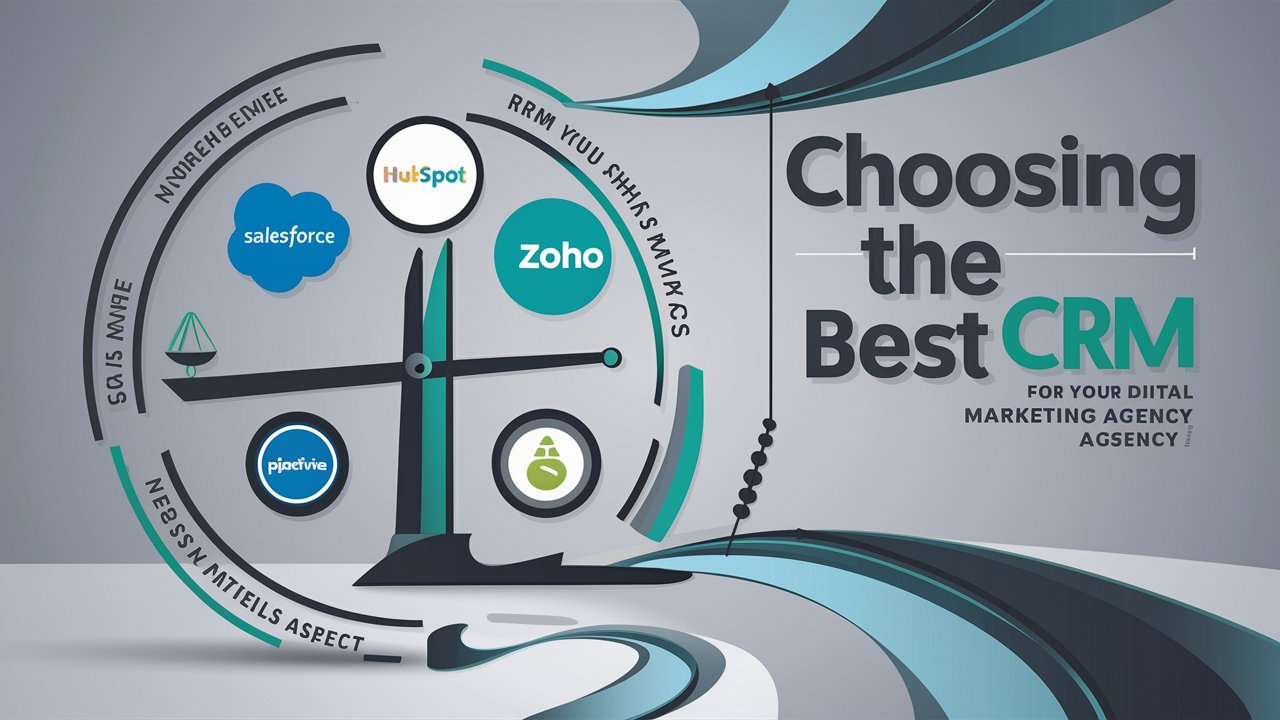In the fast-paced world of digital marketing, maintaining a consistent and strategic content output is crucial for engaging your audience and achieving your agency’s goals. A well-structured content calendar is your roadmap to success, enabling you to plan, create, and manage content efficiently. This comprehensive guide will explore how to build a winning content calendar for your digital marketing agency, ensuring you stay organized, consistent, and effective in your content strategy.
1. Define Your Content Goals and Objectives
Keyword: Content Goals for Marketing Agencies
Before creating a content calendar, it’s essential to establish clear goals and objectives for your content efforts. This foundation will guide your planning and help measure success.
- Identify Key Goals: Determine what you want to achieve with your content, such as increasing brand awareness, generating leads, or driving website traffic.
- Set SMART Objectives: Create Specific, Measurable, Achievable, Relevant, and Time-bound objectives to track progress and success.
Example Goals:
- “Increase website traffic by 30% in the next 6 months through targeted blog posts.”
- “Generate 50 qualified leads per month via social media content.”
2. Understand Your Audience and Content Needs
Keyword: Audience Research for Content Planning
Knowing your audience is crucial for creating content that resonates with them. Conduct thorough research to understand their needs, preferences, and behaviors.
- Develop Buyer Personas: Create detailed profiles of your ideal clients, including demographics, interests, and pain points.
- Content Preferences: Identify the types of content your audience engages with most, such as blog posts, videos, infographics, or social media updates.
Example Persona: “A small business owner interested in actionable digital marketing tips and industry insights.”
3. Choose the Right Content Types and Formats
Keyword: Content Types for Marketing Agencies
Diverse content types and formats can help you engage different segments of your audience. Plan a mix of content to maintain variety and appeal.
- Blog Posts: In-depth articles that provide valuable insights and drive organic traffic.
- Social Media Posts: Short, engaging updates that foster interaction and promote your agency’s brand.
- Videos: Visual content that can explain complex topics, showcase case studies, or offer tutorials.
- Infographics: Visual representations of data or processes that simplify information and enhance shareability.
Example Mix:
- “Weekly blog posts, daily social media updates, monthly videos, and quarterly infographics.”
4. Plan Your Content Topics and Themes
Keyword: Content Topics for Marketing Agencies
A well-defined content plan helps maintain consistency and relevance. Develop a list of topics and themes aligned with your goals and audience interests.
- Brainstorm Topics: Generate ideas based on industry trends, audience questions, and seasonal events.
- Create Content Pillars: Establish core themes that support your content strategy and create a foundation for various topics.
Example Topics:
- “The latest trends in digital marketing”
- “How-to guides for effective SEO strategies”
5. Develop a Content Calendar Template
Keyword: Content Calendar Template for Agencies
A content calendar template helps organize and visualize your content schedule. Choose a format that suits your needs and workflow.
- Select a Tool: Use tools like Google Sheets, Microsoft Excel, or content management platforms like Asana, Trello, or CoSchedule.
- Include Key Elements: Your calendar should have columns for publication dates, content topics, formats, responsible team members, and deadlines.
Example Template:
- Date | Content Type | Topic/Title | Responsible Person | Status | Notes
6. Schedule and Assign Tasks
Keyword: Task Management for Content Creation
Efficient scheduling and task management ensure your content is produced and published on time. Assign responsibilities to team members and set deadlines.
- Set Deadlines: Determine realistic deadlines for each piece of content, considering time for research, creation, and review.
- Assign Responsibilities: Clearly assign tasks to team members, including writers, designers, and editors.
Example Schedule:
- “Blog post drafts due every Friday, social media updates scheduled daily, and video scripts ready two weeks in advance.”
7. Create a Workflow for Content Creation and Approval
Keyword: Content Workflow for Agencies
A streamlined workflow helps manage the content creation process from ideation to publication. Establish clear steps and approval processes.
- Outline Steps: Define stages in the content creation process, including ideation, research, writing, design, review, and approval.
- Set Up Review Processes: Implement a review and approval system to ensure content meets quality standards and aligns with your brand.
Example Workflow:
- “Content ideation → Drafting → Design → Internal Review → Final Approval → Scheduling/Publishing”
8. Monitor Performance and Adjust Your Calendar
Keyword: Content Performance Monitoring for Agencies
Regular monitoring and analysis of content performance help refine your strategy and improve results. Use insights to adjust your content calendar and tactics.
- Track Metrics: Monitor key performance indicators (KPIs) such as engagement rates, website traffic, and conversion rates.
- Analyze Results: Review performance data to identify successful content types and topics, as well as areas for improvement.
Example Metrics:
- “Blog post views, social media engagement, lead generation from content.”
9. Leverage Automation Tools
Keyword: Content Automation for Agencies
Automation tools can simplify content management and scheduling, saving time and improving efficiency.
- Social Media Scheduling: Use tools like Hootsuite or Buffer to schedule and automate social media posts.
- Content Management Systems (CMS): Implement a CMS like WordPress or HubSpot to manage and streamline content publishing.
Example Tools:
- “Buffer for social media scheduling, HubSpot for content management.”
10. Encourage Team Collaboration and Communication
Keyword: Team Collaboration for Content Creation
Effective collaboration and communication among team members are essential for a successful content strategy. Foster a collaborative environment to ensure smooth content production.
- Regular Meetings: Hold regular team meetings to discuss content plans, progress, and any challenges.
- Collaborative Platforms: Use platforms like Slack or Microsoft Teams for ongoing communication and coordination.
Example Practice:
- “Weekly content planning meetings and daily updates via Slack for real-time collaboration.”
Conclusion
Creating a winning content calendar for your digital marketing agency involves careful planning, organization, and strategic execution. By defining clear goals, understanding your audience, selecting diverse content types, and maintaining an efficient workflow, you can ensure a steady stream of valuable and engaging content. Implement these tips to enhance your content strategy and drive better results for your agency.
Call to Action
Ready to take your content strategy to the next level? Contact us today to learn how we can help you develop a customized content calendar and achieve your marketing goals!


